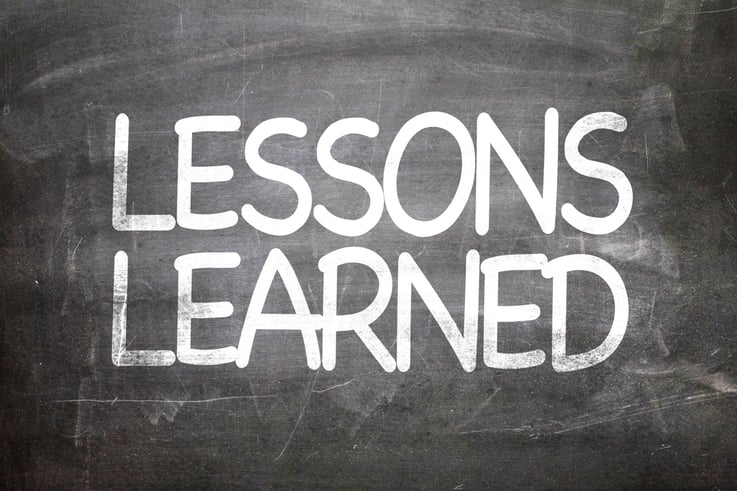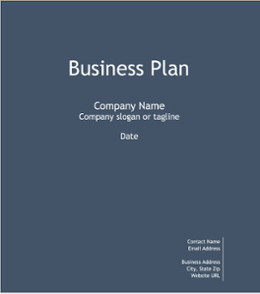 What are the most common mistakes you've made in your business? Small or large mistakes not only add up but can be very frustrating when they've been repeated. So how do you break the cycle and stop making past mistakes? As with anything, looking at the past and what led up to the mistakes being made can help you understand and avoid them in the future.
What are the most common mistakes you've made in your business? Small or large mistakes not only add up but can be very frustrating when they've been repeated. So how do you break the cycle and stop making past mistakes? As with anything, looking at the past and what led up to the mistakes being made can help you understand and avoid them in the future.
What Mistakes Would You Like To Avoid?
Of course, avoiding all mistakes would be desirable, but with the human element, that's not an ideal approach to take. Take this time to outline your biggest business woes. Having a few key starting points will help guide you in taking prevention steps.
Realistic Expectations
As previously discussed, mistakes are obviously not ideal but sometimes imminent. In the process of correcting the errors of your ways and your employee's ways, it's important to set expectations. While setting high standards and expectations is not out of the question, make sure that you're not unreasonable and unrealistic about your new policies and standards. Ensure that what you're asking for is attainable and won't overstress your organization, leading to more problems.
Trust Your Instincts
You've made it this far in business for a reason, and your instincts probably haven't led you astray. Trusting your instincts in business can help you avoid many costly mistakes. For instance, if a deal is too good to be true, investigate it thoroughly because it probably is. While you can confidently make business decisions when you go with your gut, it's always important to remain open to new information that may change how you feel. Many decisions in life are currently based on algorithms, and while numbers speak volumes, you can't always decide who to hire and who to do business with based on a piece of paper.
Take A New Approach
Making a change in strategy can be challenging and scary. You probably aren't "stuck in your ways," but every individual and organization has its own way of doing things that routinely become habits. What procedures are leading up to errors being made? Can these procedures be changed to reduce error? Sometimes a simple change in processes or updating your software solutions to something that helps remove the human error element can't help drastically reduce mistakes.
Time Management
Are you and your employees or coworkers managing your time effectively? Sometimes spending too much time on one task can cause you to skimp on others. Routinely evaluate your time management and see if there are ways or solutions to help complete specific tasks more quickly so you can be effective in other areas and reduce mistakes accordingly.
Outcome Focused
Being task-focused is how most people tackle their days. Instead of being task-centric, try shifting and focusing on the goal. Make a list of goals for the day, week, or month, that you'd like to accomplish and work towards completing those. Sometimes completing little tasks throughout the day doesn't always correlate to goals being accomplished, and in that, mistakes are made. With goals clearly outlined for all staff, with deadlines included, fewer things will fall through the cracks.
Download our free business plan template today!





